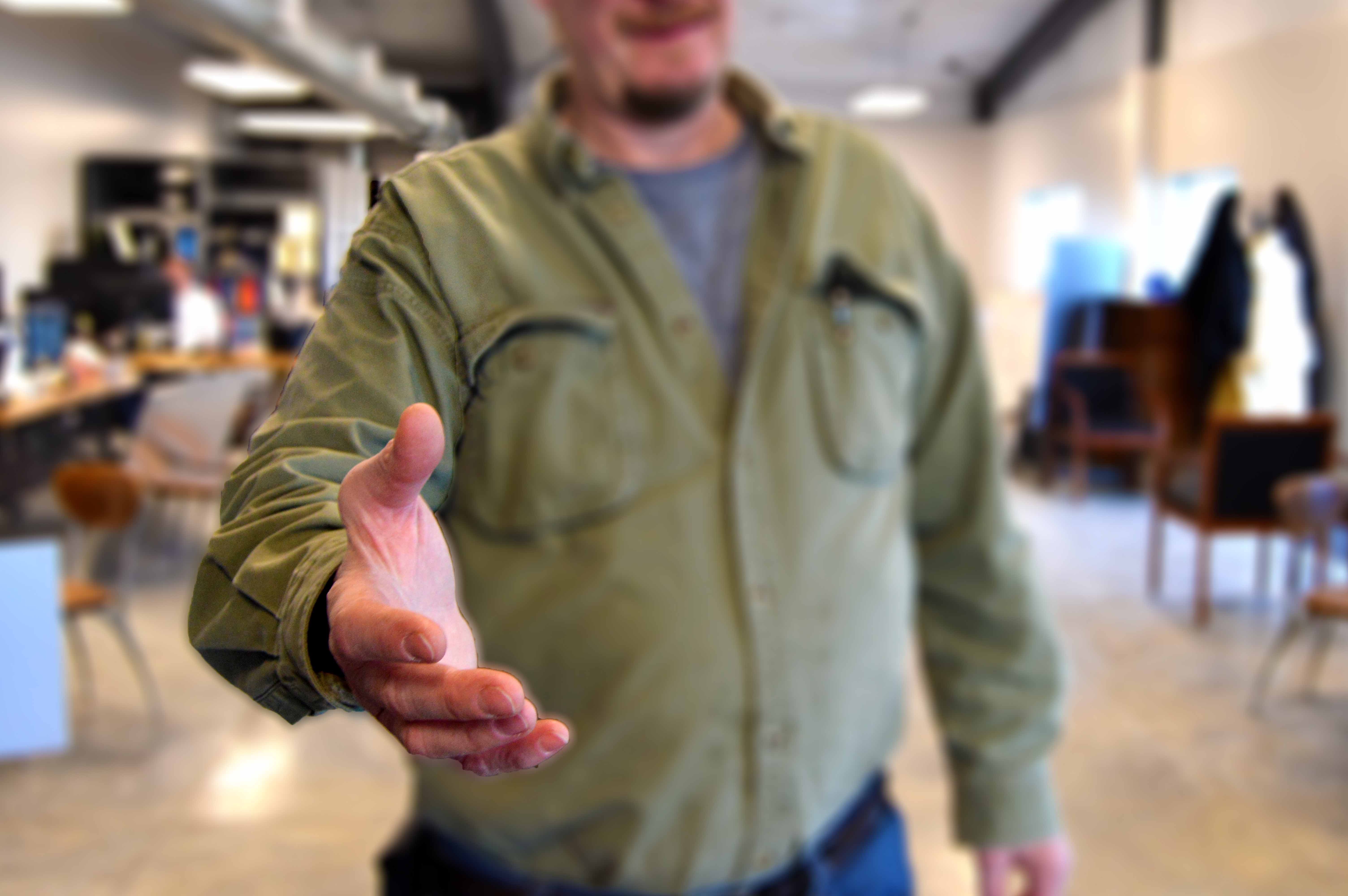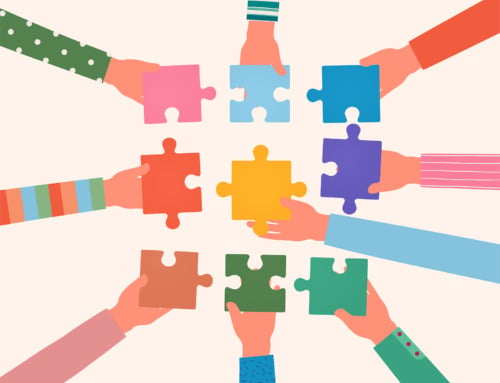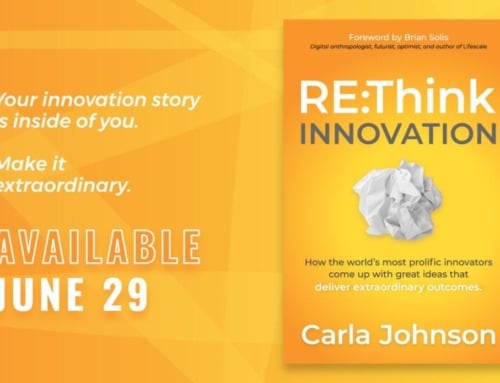In the formerly monogamous advertising world, polygamy now reigns. The modern version of the client-agency relationship leaves many agencies longing for the “Mad Men” era of sole partnerships, 9-to-5 schedules and heavy drinking by 3 p.m. — but those days are long over.
Today, firms seeking integrated solutions will often hire several agencies at once, each acting as more of a vendor that delivers a specialized service rather than as a partner that fulfills all the company’s marketing needs.
Companies do still seek partnerships with agencies, however. Unilever’s been working with Lowe & Partners since 1899. And GM has a long-standing relationship with Campbell-Ewald that dates back to 1919. Other household companies — Procter & Gamble, General Electric, Kraft Foods and General Mills — also boast established, lasting agency affairs.
Does that mean these companies won’t step out on their partners from time to time? Not on your life.
And when that happens, agencies find their egos bruised by this transgression. To renew the partnership dynamic, they must start behaving more like holistic consultants and remember that customers choose vendors but consultants accept clients.
To position your agency as an actual partner, stop thinking like a vendor. Focus on these six strategic measures to change how a client views you and your team’s capabilities:
1. Know the client’s business. Partners know more than one side of a client’s business. Instead of focusing only on the marketing end, approach the business as if you’re running it. Get to know the distribution challenges. Look for ways to improve the sales system. Even simply walking the production floor asking questions demonstrates your interest. Getting your hands dirty alongside the client and sharing your thoughts on the business as a whole adds value — as a proper partner should.
2. Care about what your client cares about. As you get to know the business, learn about the client’s philanthropic activities. If the client’s employees are active in Habitat for Humanity, offer up your team to help — or at least take the employees lunch. Partners share passions and support each other in the pursuit of them. Find a way to contribute to your partner’s efforts.
3. Engage in tough conversations.Although it’s easy to tell clients what they want to hear, true partners won’t do that. Communicate what clients need to hear, even at the risk of losing them. If you’ve built a strong rapport, that won’t happen. Having candid conversations prior to signing a contract is always beneficial. Discuss expectations based on bill rates. Be honest about the cost of being at their beck and call.
4. Adopt transparency. Regarding fees, examine your pricing practices: Do clients know exactly what they’re paying for? Or do they receive an invoice without many details other than campaign activities? Whether it’s fee income, markups, commissions or another combination of pricing structures, disclose how you arrived at those numbers.
5. Own every mistake. When you screw up, own it. Then, do everything in your power to fix it. To regain confidence lost in a blunder, convey new processes or tools to ensure it’ll never happen again. If your clients botch something, handle it graciously, and help them save face. At some point, you’ll need a favor in return.
6. Banish bad-mouthing. Too many agencies make jokes at the expense of their clients. As marketing professionals, our job is to protect and promote every client’s brand — even those who make it difficult to do so. A real partner would never publicly complain about a challenging client.
It’s all about perspective. A client’s “cheating” ways aren’t about you. They’re not about talent. They’re not about results. They’re about reactions to the perception that one agency can’t do it all.
Rather than trying to convince them of the contrary, let clients fool around with one agency for digital and another for SEO. By proving your agency is their one true love in a certain space, clients won’t stray too far. Your partnership will grow stronger and may even lead to your agency providing a more comprehensive suite of services.
Habitat for Humanity in the morning, cocktails at happy hour — keep it fresh and intimate to strike a balance between the good ol’ days and the humbling here and now.
This article was written by Drew McLellan and originally appeared on Ad Age.





